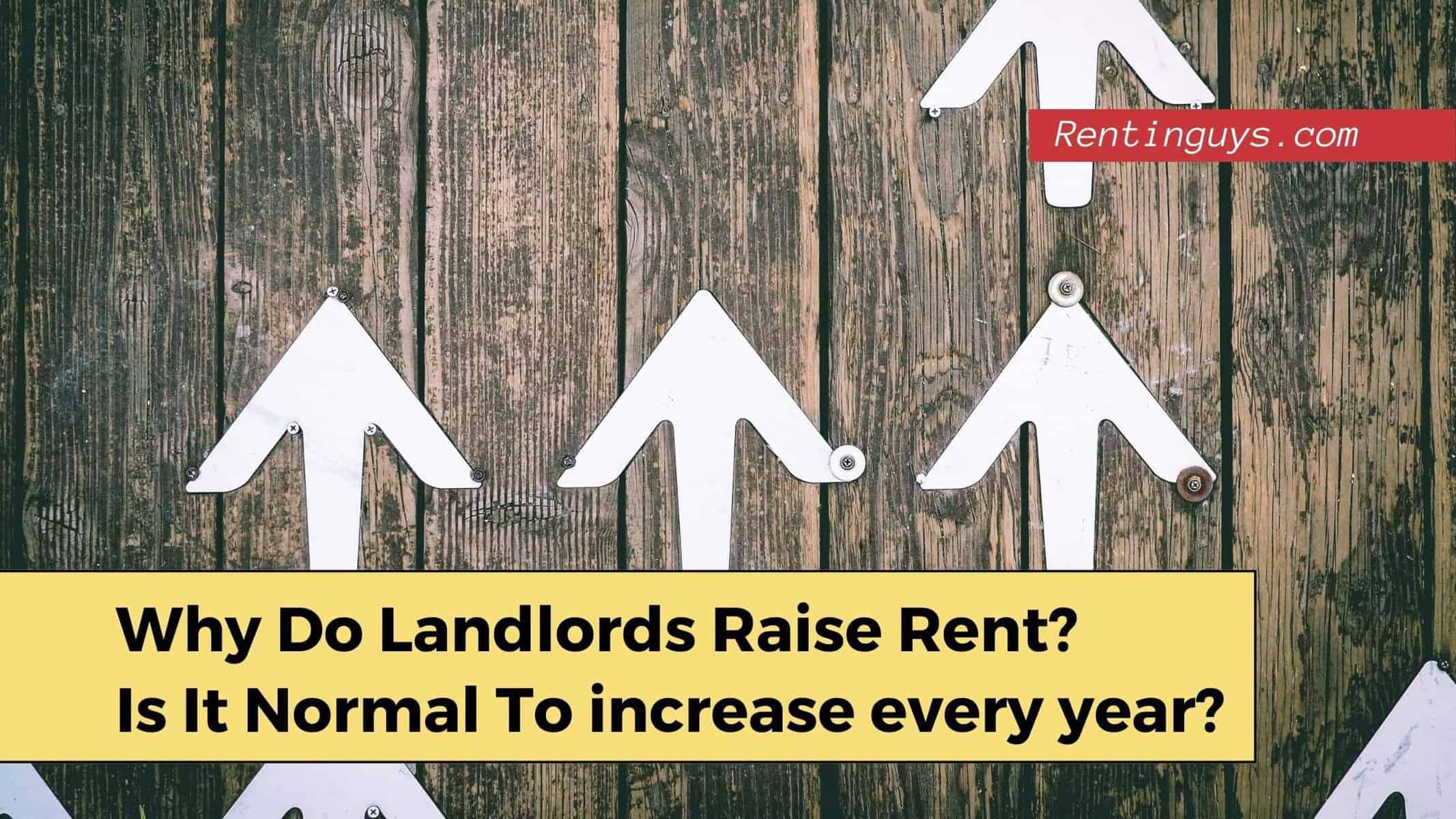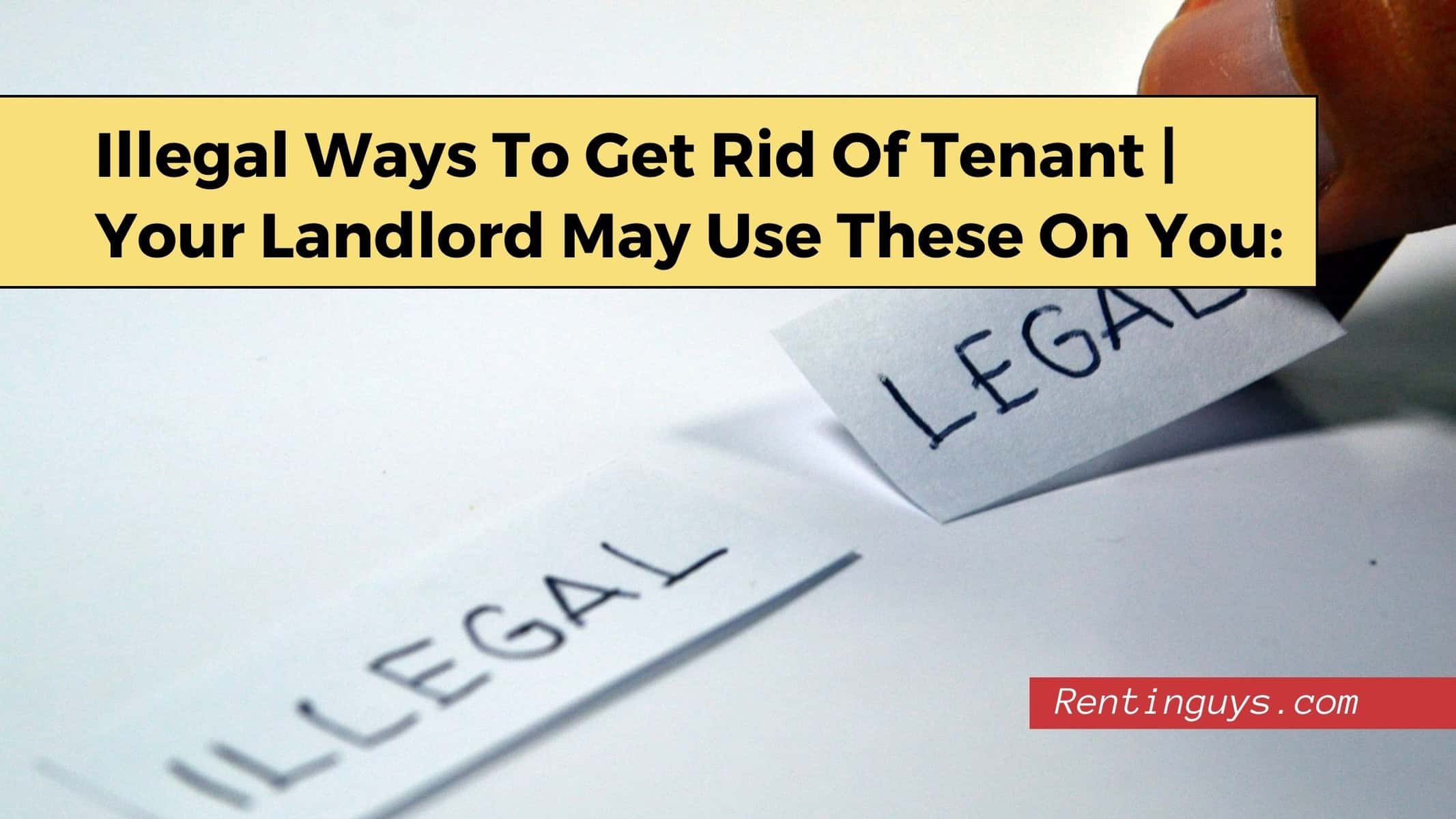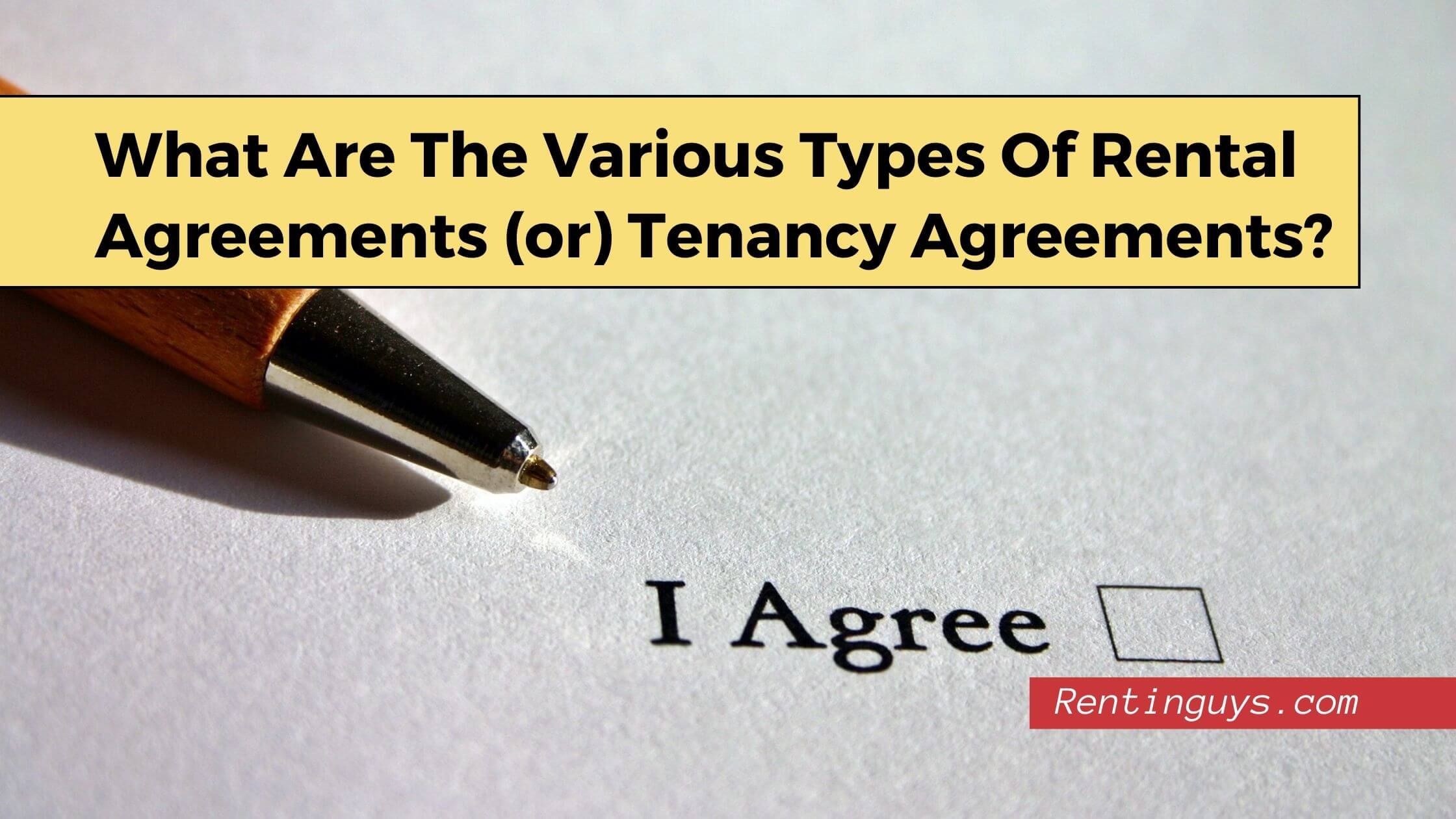Kate has been living in a rented house for 5 years. When she rented the property, the rent was affordable and remained so for the following years.
Her landlord recently sent her a rent increase notice, where he hiked the rent by 20%. This came as a shocker to Kate as, after the 20% hike, the rent became expensive, and she was priced out of the property.
This situation is not restricted to Kate alone. An increase in rent is one of the issues most dreaded by the tenants.
Everyone hates receiving notice about the rental increase from their landlord. With the rental prices hitting a record high lately, dealing with increasing rents has become a harsh reality for renters.
Knowing your rights as a tenant and improving your knowledge of the various laws governing rental housing, landlord and tenant rights, and government regulations on rental prices will help you to handle the situation well and protect your rights.
Here are some common questions faced by tenants while dealing with the issue of rental price hikes. We tried to answer them thoroughly to help you enhance your knowledge on the issue.
Is it normal for rent to increase every year?
A landlord has the right to increase the rent after the expiry of the lease term. So if you have a lease for one year, it is normal for the rent to go up every year.
Normally, the lease document will clearly define the percentage hike in the rent for the next term.
One can expect an average increase of 3 to 5% rent increase every year. Some landlords do not increase rents every year, they increase the rent once in 3 to 5 years but increase it at a steep rate.
However, if the property is rent-controlled or the neighborhood falls under the jurisdiction of a statute that limits rent increases, then the landlord cannot increase the rent every year.
Why do landlords raise rents?
Like any other business, the housing market depends on the prevailing market trends, and the demand and supply scenario.
If the demand for rental houses in a certain locality increases, the rents will automatically go up.
Sometimes, a landlord increases the rent to match up with the inflation which leads to an increase in taxes, utility bills, and the price of maintaining the property.
Landlords may also suddenly increase the rent if they want the tenant to move out of the property, though it is not legal to do so.
If your neighborhood undergoes new improvements and modifications that increase the demand for houses in the locality, your landlord may increase the rent.
Landlords can also increase rent to match the increase in property value. A property value may increase due to improvements, renovations, or modifications to the property that increase its desirability.
Can a landlord raise rent without notice?
Though the laws vary from state to state, most states require landlords to provide ample notice to the tenants before increasing the rent. The notice should be written and sent through certified mail. Oral notice about rent increases is not legally acceptable in many states.
The minimum period of notice depends on where you stay and the percentage hike in the rent. The notice period varies from 30 days to 90 days.
The minimum notice period applies to all types of tenants. Even if you are a “tenant at will” ( tenant without a lease), or a tenant on a weekly rental basis, the landlord has to give you 30 days’ advance notice before increasing the rent.
Can a landlord raise rent month to month?
No, a landlord cannot increase the rent at his will and fancy. He has to wait until the end of the lease term to increase the rent. For example, if you have a 6 months lease, your landlord cannot increase the rent before 6 months, in the same way, if you have a 2-year lease, he cannot increase the rent till the lease expires.
If you rent the property under a month-to-month rental agreement, then the landlord can raise the rent month-to-month after giving you a notice of 30 days.
What are the most a landlord can raise your rent?
There are no rules to restrict the amount of rent increase unless you live in a rent-controlled or rent-stabilized property.
However, some cities such as California, Los Angeles, and San Francisco have rent control regulations that restrict the percentage of the rent increase.
The regulations permit landlords to increase the rents of existing tenants by 3 to 8%, depending on the location of the property.
If your city does not have a rent control regulation, the rental price hike entirely depends on the will and discretion of the landlord.
The amount of rent increase also depends on your relationship with the landlord and your negotiation skills.
If the property value increases steeply or if the demand for rental houses in the neighborhood goes up, the landlord may enforce a steep increase in the rental price.
In the same way, If you are a responsible tenant taking good care of the property, the landlord may increase the rent slightly.
Can a landlord increase the rent during covid?
The coronavirus pandemic has put many people under financial stress due to job losses and the closure of businesses. In this scenario, most states have put a restriction on the rental price increase during the pandemic.
If your city or state has brought rent freeze regulations during the pandemic, then your landlord cannot increase the rent during covid. However, most states and cities have relaxed the rent freeze for 2022. Your landlord can increase the rent after January 1, 2022.
What are the rent increase practices across various countries?
The rent increase practices vary across different countries.
Some countries regulate the rent increase while other countries leave it to the market forces of supply and demand. However, every country requires the landlord to provide advance notice to the tenant before the price increase.
European countries have rent control in various forms that restrict the number of security deposits, monthly rent amount, the percentage increase in rent every term, etc.
In America, the housing laws differ from state to state. While some states and cities have rent control regulations others do not impose any regulations.
In Australia, the landlord can not increase the rent until the end of the lease term for a fixed-term agreement unless the lease document mentions it.
The landlord must provide 60-day advance notice in writing to the renter to inform them about the rent increase. The rental provider must also inform the renter how the hike is calculated.
In Japan, rent is not increased every year. A landlord can increase the rent only under 4 situations that are permitted by the law.
The rent can be increased or decreased in any of the following situations according to The Act on Land and Building Leases.
- There is an increase or decrease in property taxes.
- There is an increase or decrease in the property value
- There is a change in the economic situation of the country
- The rent is too high/low when compared to the rent of similar properties in the neighborhood.
The housing laws vary across different countries. But there are many things in common about the rent increase practices in every country.
The landlord cannot arbitrarily raise rent without providing sufficient notice to the tenant. The tenant can negotiate the price increase with the landlord.
Most renters are worried about rent increases. A sudden increase in rentals makes the property too costly for the renters.
However, updating yourself with relevant information about rent increase practices and your rights as a tenant will help you to negotiate a good deal with the landlord and save some dollars too.






